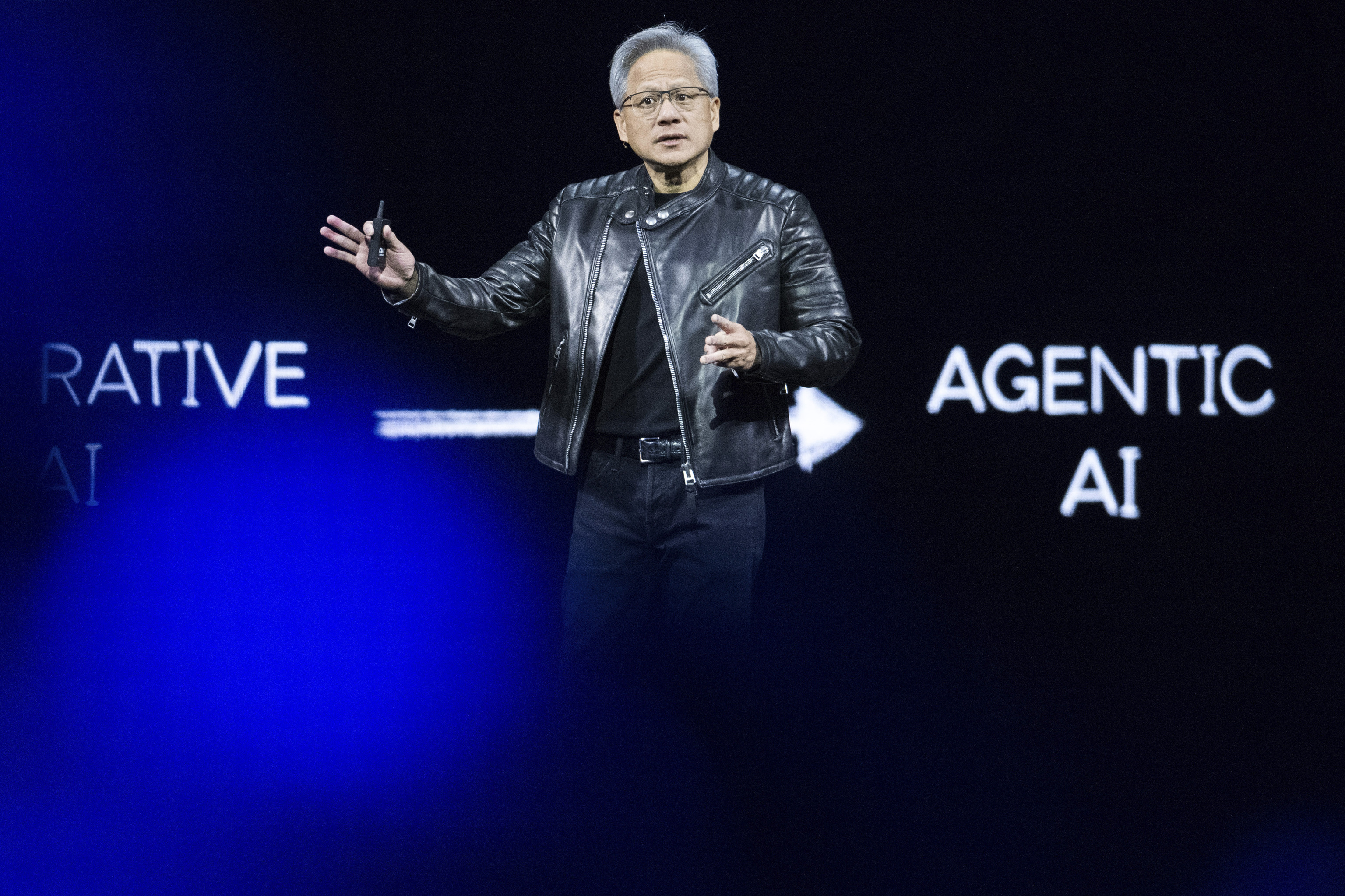Nvidia has informed the U.S. Securities and Exchange Commission (SEC) that it expects a charge of up to 5.5 billion dollars (about 4.838 billion euros) in its first-quarter results due to the decision by the Donald Trump administration to require a license to export H20 integrated chips to China, including Hong Kong and Macao.
The H20 chips are a revision that Nvidia made to its most powerful products, but restricted their memory capacity to comply with export controls imposed by the Biden Administration.
Demand had surged because these were the chips used by the Chinese company DeepSeek to develop ultra-efficient models that caused panic in the U.S. technology sector and led to calls to tighten export controls, as China seemed ready to challenge the country's supremacy.
In its communication to the U.S. regulator, the company explains that on April 9, it was informed by the Trump Administration that a license will be required to sell to China or to companies based in or affiliated with the Asian giant, as well as to D5 countries, for the H20 integrated circuits and any other circuit that matches the memory bandwidth, interconnection bandwidth, or a combination of both of the H20.
"The U.S. government indicated that the licensing requirement addresses the risk that the covered products could be used in a supercomputer in China or diverted to it," Nvidia points out in its statement to the SEC.
The technology company notes that on April 14, it was informed by the U.S. government that this licensing requirement will be in effect "indefinitely."
Due to these circumstances, Nvidia's first-quarter accounts will include up to approximately 5.5 billion dollars in charges associated with H20 products "for inventory, purchase commitments, and related reserves."
After disclosing this information, the shares of the microprocessor and chip manufacturer plunged by 6.3% in the marketafter hours after closing the session positively. As soon as the market opens, the drop is 5.5%, equivalent to a market capitalization loss of around 153 billion dollars.
As usual, the bad news for Nvidia has affected the rest of the chip sector, which also woke up to another piece of news that put the market on edge.
ASML, the European company that is the only one capable of manufacturing machines for the most advanced chips, reported results showing lower orders than expected and expressed doubts about future margins.
"Tariff dynamics are creating new uncertainty, especially in terms of GDP, at a macro level, but of course, this ends up affecting our potential market," noted Christophe Fouquet, CEO of the company, which fell by 4.71% in the stock market.
The executive painted a clear picture of the extensive implications of this measure for the entire economy by describing its effects: "First, it affects us in the shipments of our systems to the United States, that's the first thing. The second are the tools and spare parts we send to work in the United States. The third are the imports we make for our factories in the United States (...) And the fourth are the tariffs we may face from other nations regarding the products we send from the United States," the executive pointed out, acknowledging that the company is already seeking ways to readjust its supply chain.
In this context, ASML and Nvidia are not the only companies in the sector in the red in the stock market. TSMC is down by more than 2%, Foxconn by 2.5%, and from the United States, other hits come from AMD (-6% in the after-market), Intel (-2.67%), and Broadcom (-3.67%).
